"This is the largest project in operation in the smart grid mode in pivot irrigation in Brazil. We are at the forefront of technology and we hope the market moves in this way, using the best equipment and prioritizing good partnerships.”
The statement is from the electrical engineer Bruno Lopes, partner of Loop Energy, referring to a plant installed on the Dom Perignon farm. Located in the municipality of São Desidério (BA), the project, made possible by the company, doubled your harvest through a pioneering irrigation project powered by solar energy and thermal energyThe.
Second Luvânio Lopes, CEO of Loop, the hybrid solution provided a rreduction in diesel consumption by up to 70%. “Previously, diesel expenditure of 4,000 liters per day (120,000 liters per month) was reduced to 1,000 liters per day, representing savings from a four-month harvest of more than R$ 2 million.”
“Furthermore, the implementation of smart grid technology enabled an impressive increase in productivity, increasing the soybean harvest from 40-60 bags per hectare to more than 100 bags, resulting in a productivity increase that exceeds R$ 5 million”, he highlighted.
Integration of renewable sources in irrigation
The irrigation project is supplied through eight artesian wells, seven central pivots and three storage pools with a total capacity of 600 million liters of water, served by an internal and private 34.5 kV medium voltage network over a distance of 21 km.
The off-grid system has a 1.2 MW photovoltaic plant. In total, there are more than 2,210 545 W bifacial modules from JA Solar, with half-cell technology, 72 cells connected to nine PHB brand inverters – added to a thermal energy system made up of five motors, three of 700 kW and two of 550 kW.
To control and manage smart grid technology, controllers from the Danish company Deif were used. “This intelligent integration not only ensures energy security, but also optimizes the operationalization of the system, resulting in more stable and sustainable agricultural production”, said Bruno Lopes, one of those responsible for executing the project.
São Desidério: agricultural hub and fertile land in Bahia
São Desidério, home to the Dom Perignon farm, part of the Sementec Group, is not only known as the largest cotton producer in the country, but also as an agricultural hub on the rise.
“With more than 900 hectares of plantation, the farm embraced sunlight as an additional stimulus to increase productivity and reduce production costs. Together with thermal energy, it provides energy security, a key and challenging point in the western region of Bahia”, explained Luvânio Lopes.
“The delivery of the work and the start of generation at the plant took place last October. The project meets 100% of the property's needs and prevents the harvest from being lost in times of water crisis”, he highlighted.
More details
The CEO of Loop Energia emphasized that, without this technology, the customer would still be waiting for energy from the utility company. “But, regardless of when the grid connection is carried out, the project has already been designed to receive and inject the surplus, in addition to being able to include as many energy sources as necessary, all delivered by the concept of smart grid”, he reported. The Semectec Farm plant is one of 12 projects with smart grid technology already developed by the company.
Tarcíso Antonio, irrigation manager at the Dom Perignon farm, assured that the benefits are incomparable. “We are happy with the gains in production, mitigation of risks and losses and predictability in harvesting crops, with costs on average of just six bags of soybeans per hectare, which showed us in practice to be an economically viable project, with independence and energy security through smart networks (smart grid)”.
Strategic partnerships
Herykson Saraiva, commercial representative of Loop Energia in the region, commented on the importance of strategic partnerships in carrying out this project, highlighting Loop's technological avant-garde and the excellence of the equipment provided by distributor PHB Solar and module manufacturer JA Solar.
Orlando Cupic, PHB's commercial representative and responsible for Loop's customer service, highlighted the relationship that began in 2018. “I feel extremely proud of this partnership. Together, we embark on different projects that revolutionize agribusiness through solar energy.”
“PHB, with its reference in engineering and direct guarantee support, together with Loop Energia, which led the implementation of the system, positively modified the agricultural landscape of the farm”, said Cupic.
“We chose PHB for its reference in engineering and for offering direct warranty support, while JA Solar panels for quality and delivery of efficiency. We have more than 30 thousand modules in our plants. We carried out all the tests and delivered the power indicated in the datasheet, in addition to the brand's certifications and financial security,” added Bruno Lopes, partner at Loop Energia.
For Ildo Bet, founder and CEO of PHB Solar, Loop demonstrates an unwavering commitment to quality and efficiency. “We are proud to have them as one of our main business partners. This project is an example of what we can achieve when we combine cutting-edge technology with strong brands that value quality and reliability”, he concluded.
All content on Canal Solar is protected by copyright law, and partial or total reproduction of this site in any medium is expressly prohibited. If you are interested in collaborating or reusing some of our material, we ask that you contact us via email: [email protected].


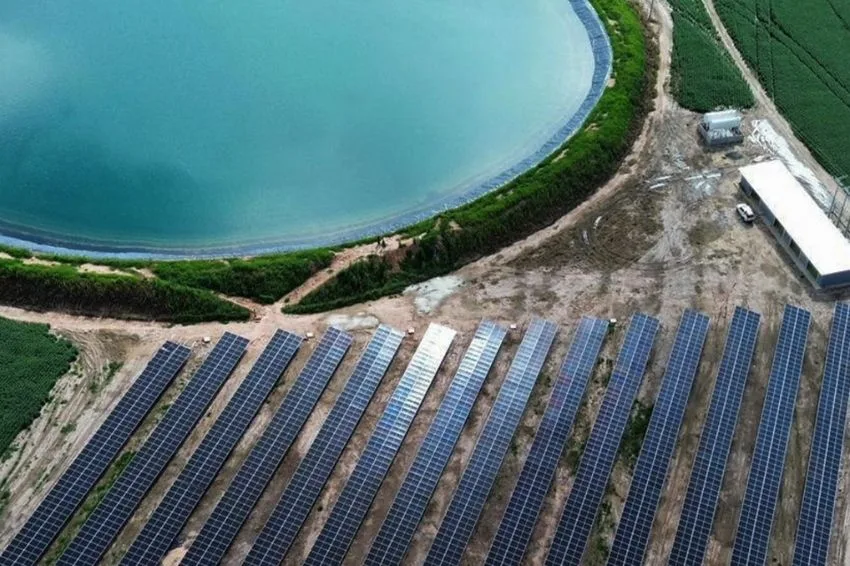

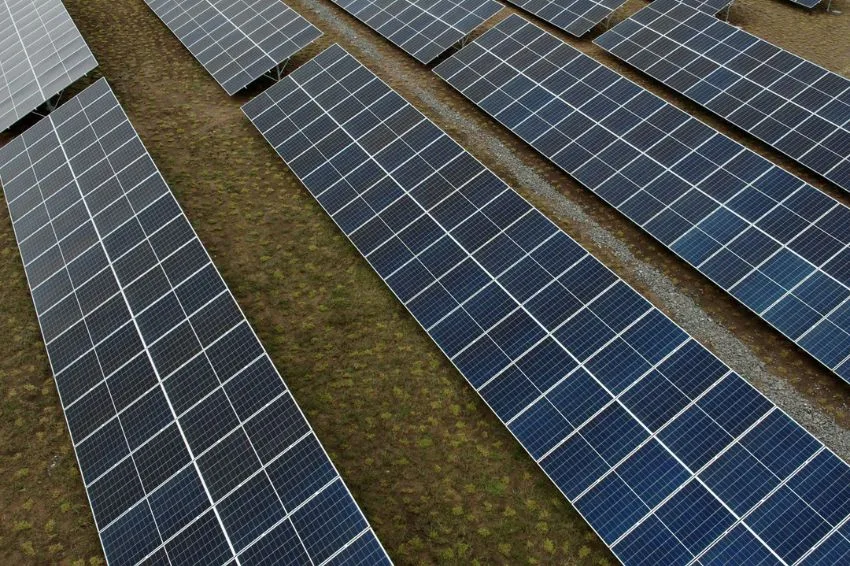
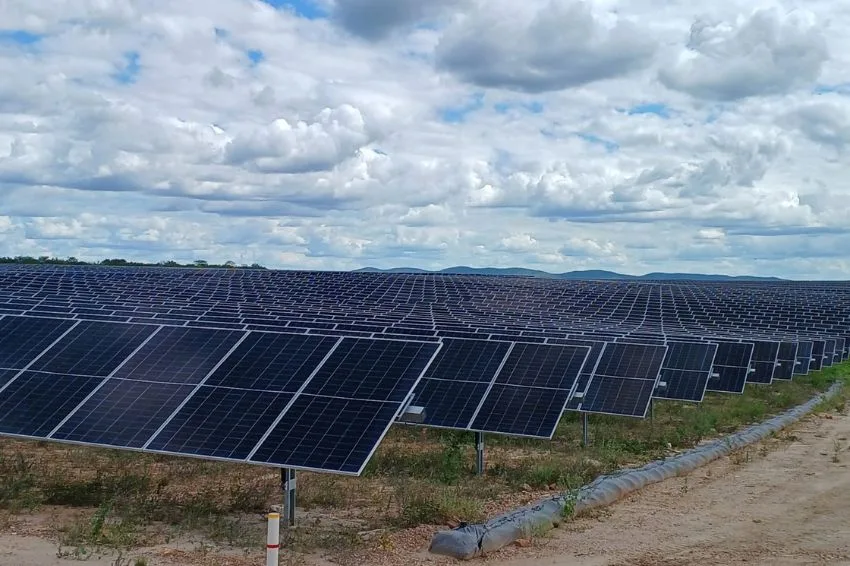
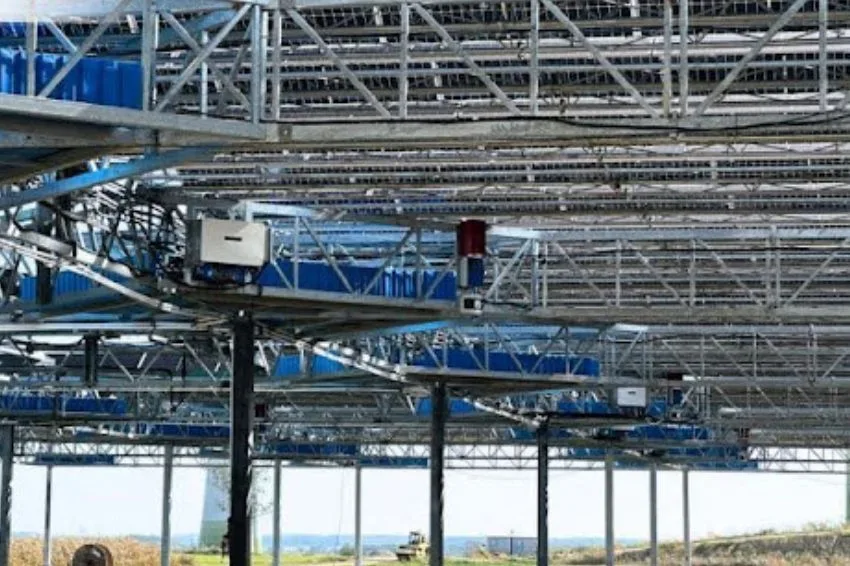
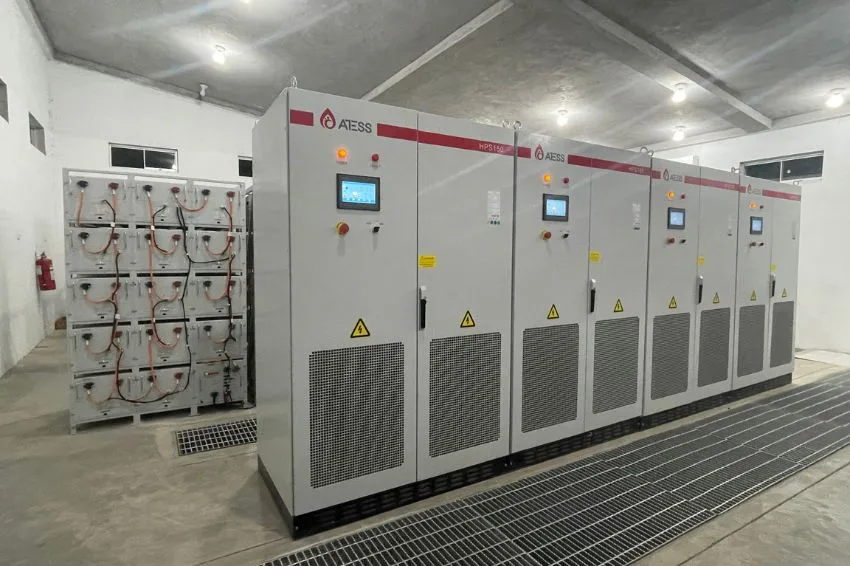
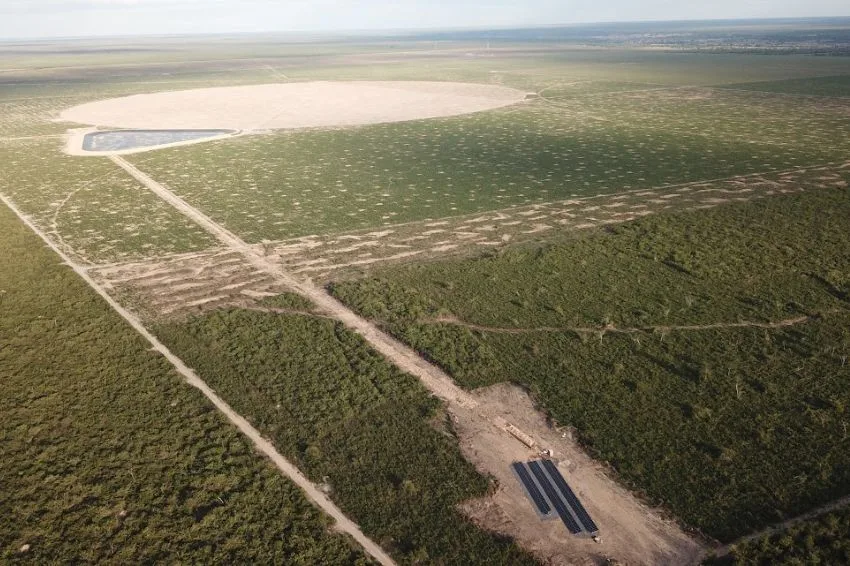
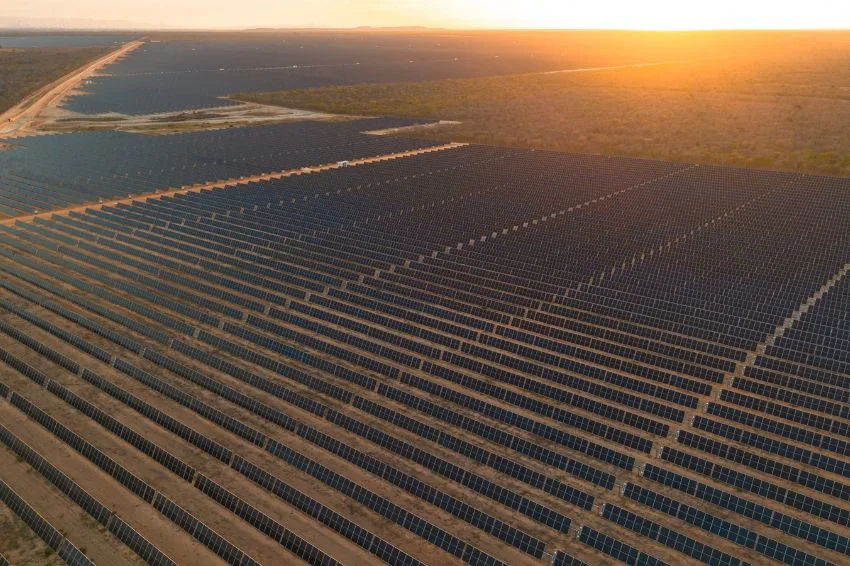







4 Responses
I would do it differently
Mount the panels over the water tank
Wow, I installed 10km of 15kv network for a 2.5mw plant of the same generator x solar system in Correntina, I don't think it's the biggest.
At a time when the world is fighting to maintain food and decarbonization, making the planet viable for future generations, this is the right path. Congratulations!
Another great news from our thriving Agro. We are producers by nature. It's love. Congratulations!!